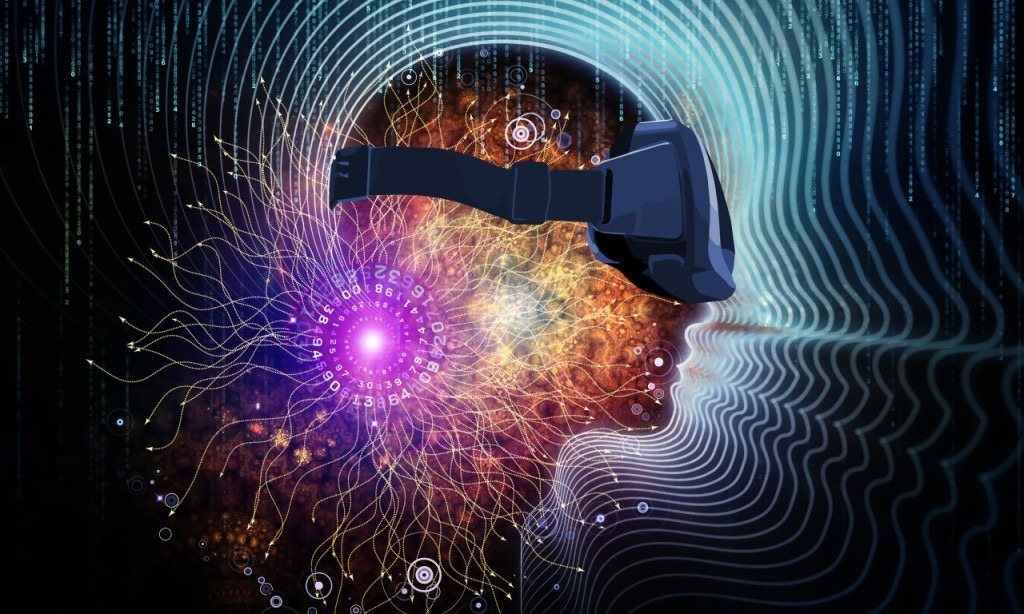Let’s anticipate the potential misuse of neurological data to minimize the risks–and maximize the benefits
 __
__
The perils of opening the mind (Boston Globe):
“Forget the joystick. Today you can use your mind alone to navigate virtual environments or fly real-world drones. You can buy sleek headbands that read your brain signals and help you meditate or stay focused. Or you can get them for your kids to make sure they’re working, not daydreaming…
WHAT COULD BE done with information derived from the brain? Large stores of data at the population level could advance neurological research. Long-term information about your brain activity could help you make lifestyle choices — like identifying the best methods of reducing stress in your life. The data also could help you and your doctor spot neurological problems earlier than generally happens now.
But imagine, as well, the following scenarios:
–An employer wants to reduce the risk of on-the-job disability, so it screens applicants for neurological markers that they are predisposed to chronic pain and depression.
–A school system equips students with headbands that monitor their state of focus, restricting students’ cognitive freedom and perhaps justifying cutting back on teachers.
–A gaming company tracks a user’s arousal patterns, fine-tuning the game to his or her precise tastes, inducing behavioral addiction.
–A political campaign buys large volumes of neurological data from a data broker to identify individuals with hallmarks of impulsivity and aggression, then targets them with politically radical social media messaging and advertising.”
News in Context:
- A call to action: We need the right incentives to guide ethical innovation in neurotech and healthcare
- Neuroengineering meets neuroethics to address treatment-resistant depression
- The National Academy of Medicine (NAM) shares discussion paper to help empower 8 billion minds
- Debate: What are the ethics of discouraging much-needed innovation given potential privacy concerns?
- We need to rethink neuroscience. And you can help us
- 10 highlights from the 2019 SharpBrains Virtual Summit
- Five reasons the future of brain enhancement is digital, pervasive and (hopefully) bright


